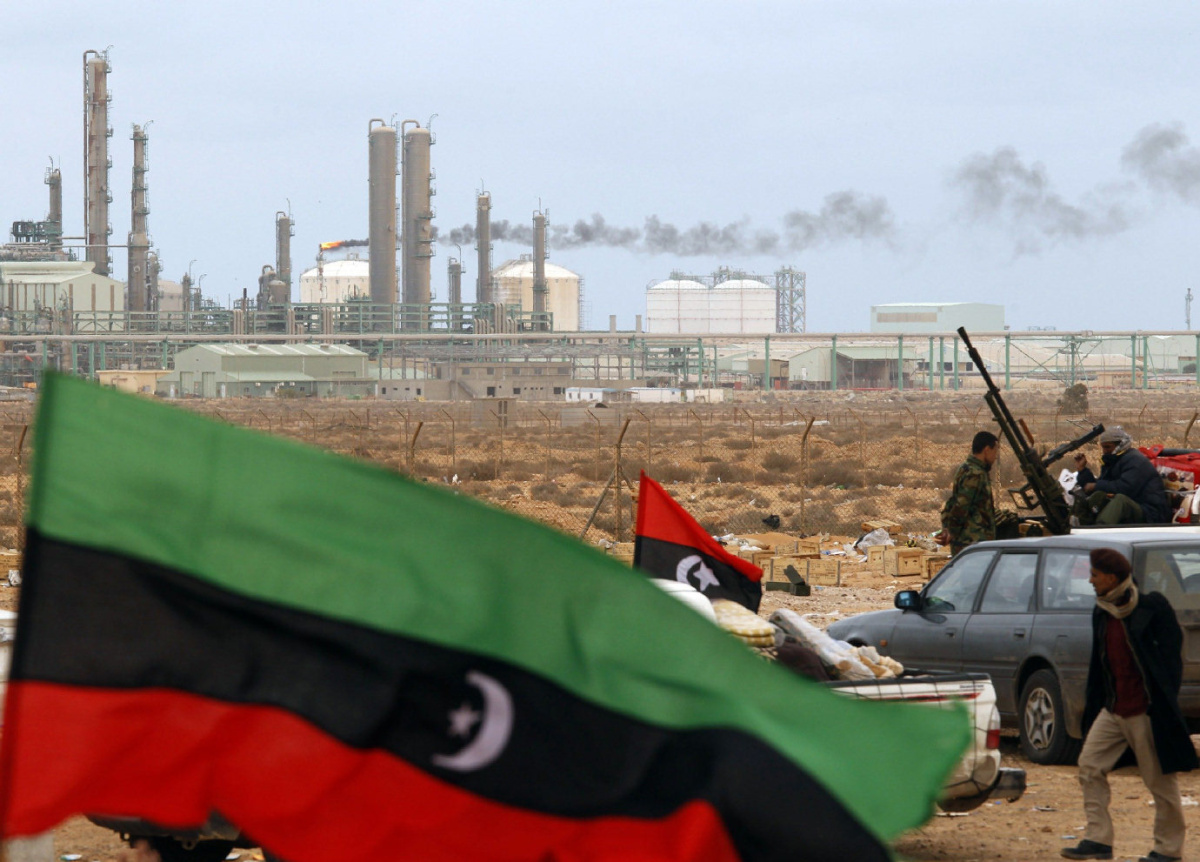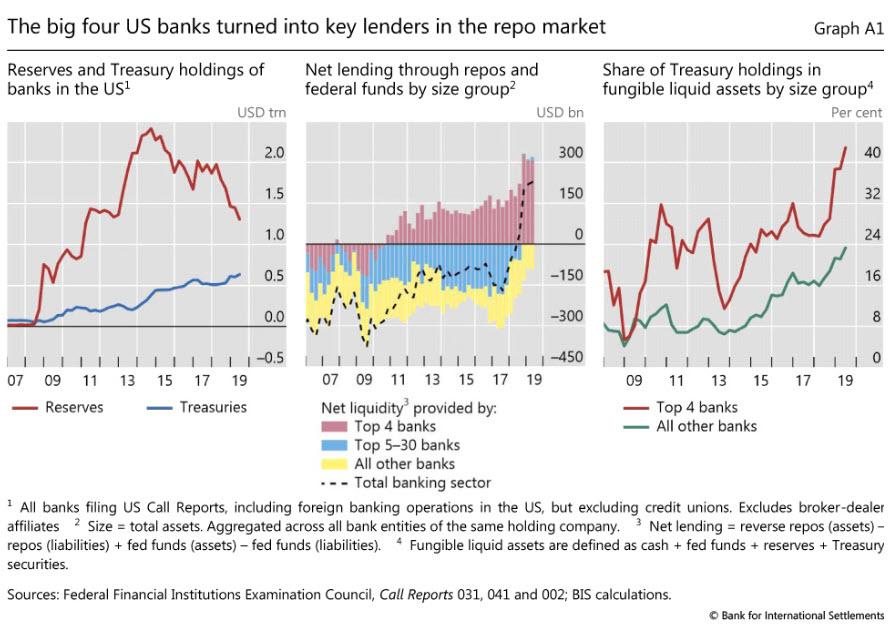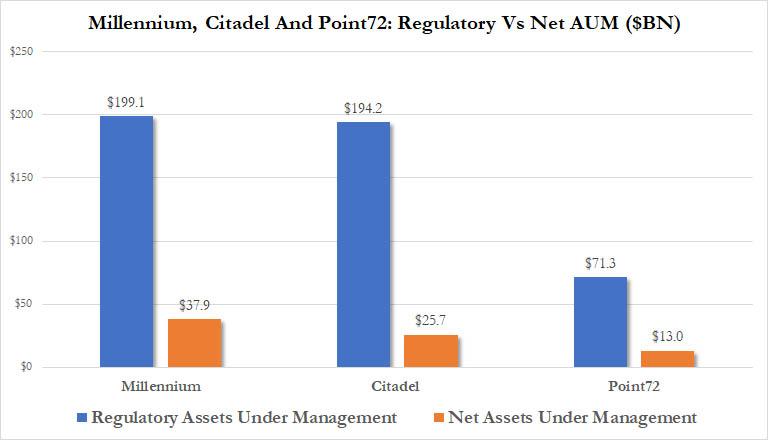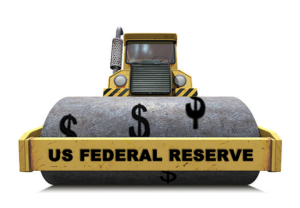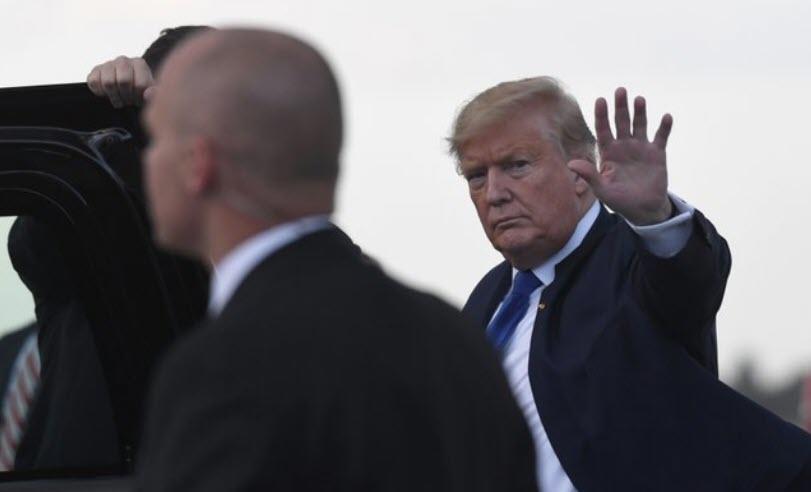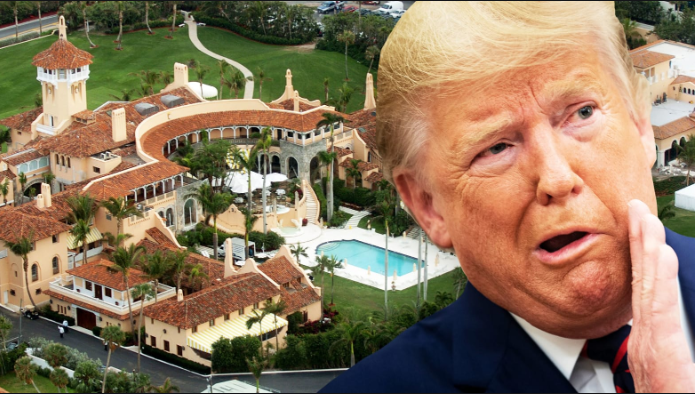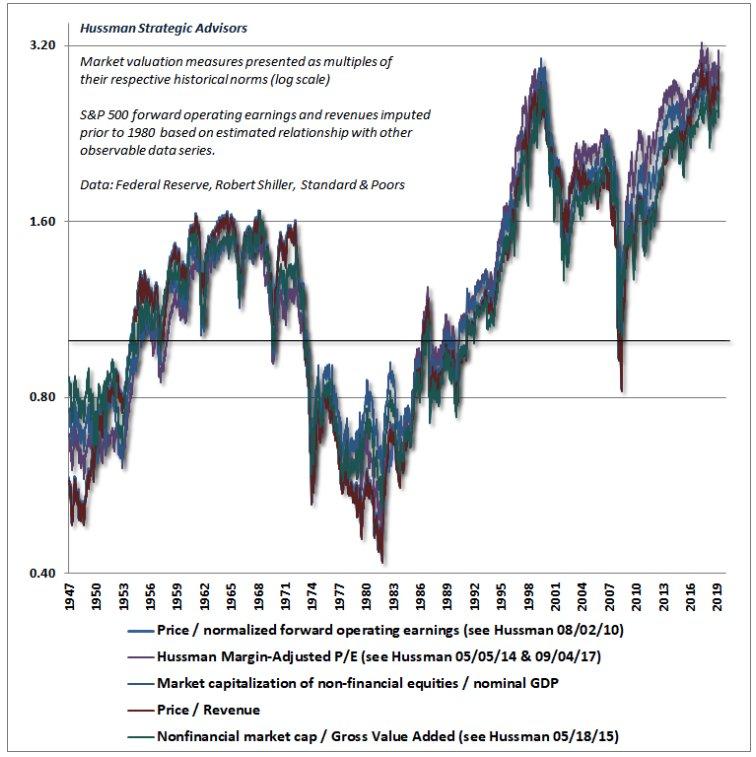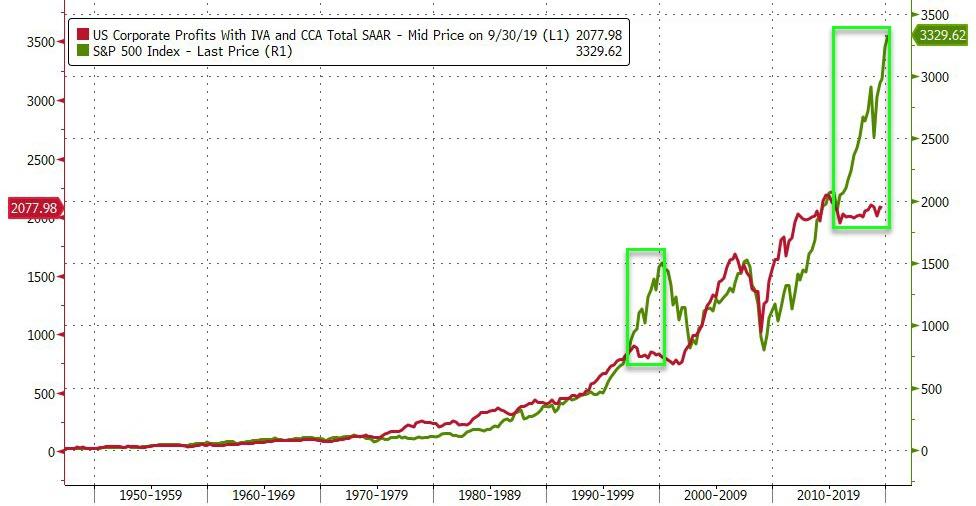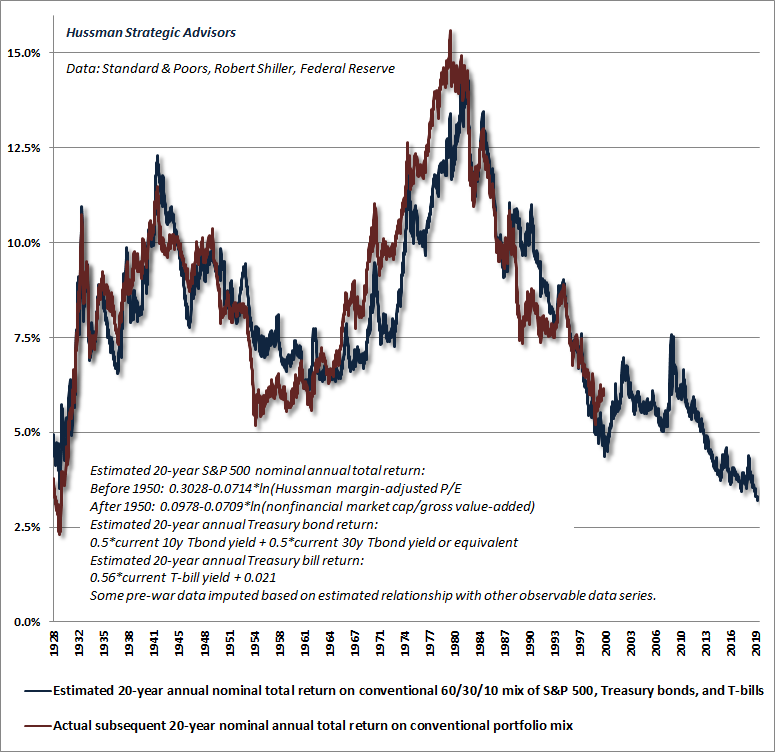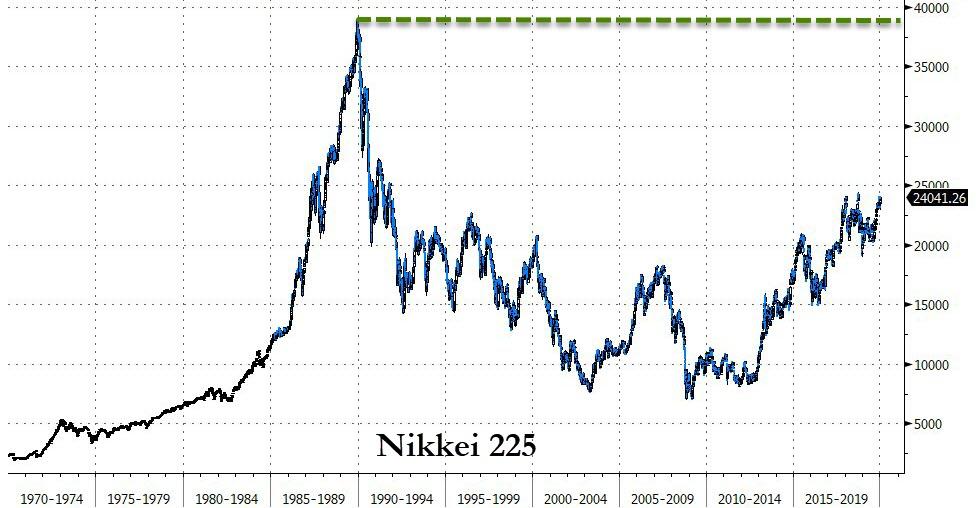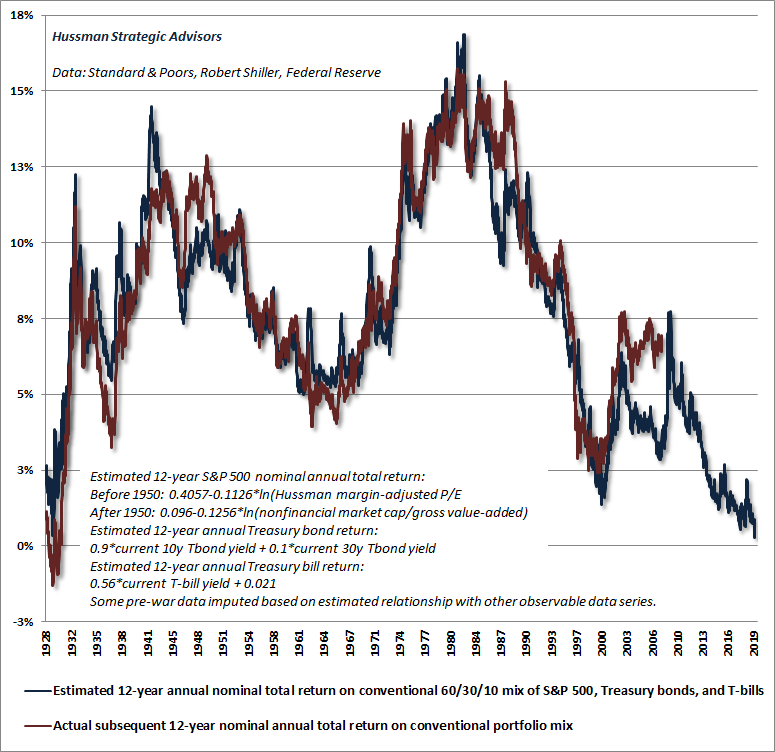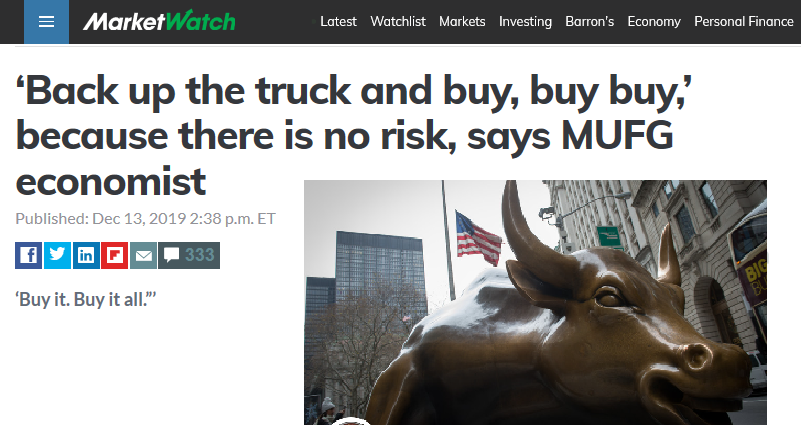Why Laws Against Hate Speech Are Dangerous
Authored by Fjordman via The Gatestone Institute,
In November 2019, Germans celebrated the collapse of the Berlin Wall and the reunification of Germany 30 years earlier. That same month, Chancellor Angela Merkel, in a speech to the German federal parliament (Bundestag), advocated more restrictions on free speech for all Germans. She warned that free speech has limits:
“Those limits begin where hatred is spread. They begin where the dignity of other people is violated. This house will and must oppose extreme speech. Otherwise, our society will no longer be the free society that it was.”
Merkel received great applause.
Critics, however, would claim that curtailing freedom in order to protect freedom sounds a bit Orwellian. One of the first acts of any tyrant or repressive regime is usually to abolish freedom of speech. Merkel should know this: she lived under a repressive regime — in the communist dictatorship of East Germany, where she studied at Karl Marx University.
The First Amendment to the United States Constitution protects freedom of speech, specifically speech critical of the government, and prohibits the state from limiting free speech. The First Amendment was placed first in the Bill of Rights because the American Founding Fathers realized that freedom of speech is fundamental to a free society. US President George Washington said:
“For if Men are to be precluded from offering their Sentiments on a matter, which may involve the most serious and alarming consequences… reason is of no use to us; the freedom of Speech may be taken away, and, dumb and silent we may be led, like sheep, to the Slaughter.”
Without freedom of speech, you cannot truly be free. Freedom of speech exists precisely to protect the minority from the tyranny of the majority.
What exactly is “hate speech,” and who gets to define it? Those who love justice usually also hate injustice. But what is justice? Social justice? Economic justice? Ecological justice? Religious fundamentalist justice? Climate justice?
Hate may be a negative emotion, but you cannot ban emotions. Envy and jealousy are also widely considered negative feelings. Yet we do not ban them. Envy of people who are wealthier than you is arguably a component of Socialist and Marxist political parties everywhere.
The concept of a “hate crime” is also flawed. If you rob, assault or murder people, that is equally injurious regardless of the motivation of the assailant or of who the victim is. We should not have different penalties depending upon whether the victim is a gay black man, a straight white man, a Muslim woman or a Christian nun, or we will end up with a kind of a legal caste system.
Although the legal system should not be based on feelings or emotions, we see an increasing tendency toward this subjectivity. There is a tendency to censor certain viewpoints because they might “offend” others. The problem is, it is not the inoffensive things that need protecting; it is only the offensive things that do. When, in the US, the National Socialist Party of America wanted to march though Skokie, Illinois, home to many Holocaust survivors, the Supreme Court decided that the Nazis’ right of free speech overrode suppressing the marchers. According to the Bill of Rights Institute:
“In these cases, National Socialist Party of America v. Village of Skokie (1977), and Brandenburg v. Ohio (1968), the Supreme Court held that the First Amendment protects individuals’ rights to express their views, even if those views are considered extremely offensive by most people…
“American writer Noam Chomsky said ‘If we don’t believe in freedom of expression for people we despise, we don’t believe in it at all.’ Individuals who express unpopular opinions are protected by the First Amendment. The First Amendment prevents majorities from silencing views with which they do not agree—even views that the majority of people find offensive to their very core. “
Possibly many things people say will be considered offensive to somebody, somewhere. In 1600, Giordano Bruno was burned alive at the stake as a heretic for saying that the universe has no center, and stars are suns, surrounded by planets and moons. The findings of Charles Darwin were challenged by the “Scopes Monkey Trial” in 1925, when a high-school teacher in Tennessee, John T. Scopes, was charged with violating state law by teaching the theory of human evolution.
Just a few years ago, it was uncontroversial to state that there are only two biological sexes. After all, this is a fact that would seem pretty straightforward. Yet recently, even this simple statement has become explosive. When the tennis champion Martina Navratilova questioned the fairness of having transgender men compete in sports again women, but was eventually driven to “apologize.”
In the UK, a physician, David Mackereth, recently lost his government job as a medical assessor after more than three decades for refusing to renounce his view that gender is determined at birth.
People who claim to combat “hate” often seem to be quite full of hate themselves. Some Americans claim that US President Donald J. Trump is a racist, yet themselves express open hatred toward Trump, and those who vote for him. They do not object to hating. They just seem to believe that their hate is the only legitimate one.
In 2013, the American scholar Robert Spencer was banned by British authorities from entering the UK. Spencer the author of many books about Islam and runs the website Jihad Watch.
The Koran sura 9:5 has verse stating:
“When the sacred months are over slay the idolaters wherever you find them. Arrest them, besiege them, and lie in ambush everywhere for them. If they repent and take to prayer and render the alms levy, allow them to go their way. God is forgiving and merciful.”
The exact translation of this verse can be debated, but the Arabic verb qatala generally means to kill, slay or murder somebody. How come it is all right to publish the original source, prescribing murder, but that it is “hate speech” to point out that quote?
Robert Spencer and others have observed, for instance, that verse 9:5 and other intolerant verses in the Koran have been quoted repeatedly by militant Muslims to justify jihad attacks and violence (for instance here, here and here). Although other religious books also contain violence, as the scholar Bruce Bawer points out:
“Sometimes, when one points out these rules, people will respond: ‘Well, the Bible says such-and-such.’ The point is not that these things are written in Islamic scripture, but that people still live by them.”
Muslims in Britain and other Western nations are free to spread teachings that are hateful towards non-Muslims. Yet because non-Muslims such as Robert Spencer pointed out that some teachings are hateful and have inspired actual atrocities, UK authorities banned Spencer for spreading “hate.”
One sees, then, that restrictions against “hate speech” often do not really ban hate speech; instead they may actually be protecting certain forms of hate speech against legitimate inquiry.
Laws against “hate speech” and “racism” always lead to political censorship, because the definition of what constitutes “hate” is always influenced by politics and ideology. Laws against hate speech or racism should therefore be removed. No person has the right “not to be offended.” Freedom of speech means saying and hearing things with which you may disagree. What remains important is to be able to say and hear them.
Tyler Durden
Sat, 01/18/2020 – 20:00
via ZeroHedge News https://ift.tt/2TIJiZH Tyler Durden

